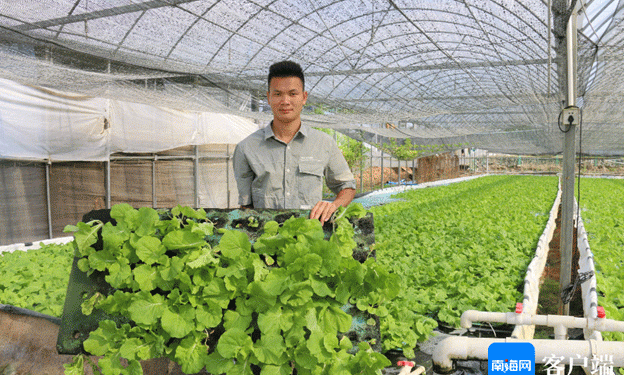Potato blight, caused by the pathogen Phytophthora infestans, is a major concern for potato growers. The disease thrives in humid conditions and can significantly reduce yields. For Riveiro, the problem is compounded by Galicia’s frequent rains and high humidity, which create an ideal environment for blight. While conventional farming can use a wide array of chemical treatments, organic farming often relies on fewer tools. This has led Riveiro to explore alternative solutions to manage the disease.
Seaweed-Based Fertilizers: A Natural Solution
In response to the challenges posed by potato blight, Riveiro is part of the Algaterra project, which focuses on developing agricultural inputs from seaweed discarded by the food industry. Seaweed-based fertilizers are touted for their potential to enhance plant resilience and reduce the impact of diseases like blight. According to recent studies, seaweed extracts can boost plant health by improving soil fertility, enhancing disease resistance, and promoting stronger root systems.
Research from the University of Santiago de Compostela supports these claims, indicating that seaweed-based fertilizers can significantly reduce disease incidence in crops. For example, a study published in Agricultural Sciences in 2022 found that seaweed extracts reduced blight severity by up to 40% in tomato plants, a result that is likely to be similar for potatoes due to the shared pathogen.
Integrating Seaweed Fertilizers in Organic Farming
Riveiro combines seaweed-based fertilizers with traditional methods, such as copper treatments, to keep his crops robust. He also emphasizes the importance of maintaining well-ventilated fields to minimize moisture levels and reduce the risk of blight. Despite these efforts, challenges remain, particularly in years of excessive rainfall or when dealing with additional pests like the Guatemalan potato moth (Tecia solanivora), which has been a growing concern since its detection in Galicia in 2015.
In 2022, the Spanish Ministry of Agriculture (MAPA) highlighted the increasing need for integrated pest management strategies in organic farming. The use of seaweed-based fertilizers aligns with this approach, offering a sustainable method to bolster plant defenses while adhering to organic farming principles.
Seaweed-based fertilizers represent a promising tool for organic farmers dealing with potato blight. By enhancing plant health and resilience, these natural inputs can help mitigate the impact of diseases and improve yields. As organic farming continues to evolve, innovations like these will play a crucial role in addressing the challenges posed by pests and environmental conditions.
For farmers facing similar challenges, adopting seaweed-based fertilizers could be a significant step towards more sustainable and resilient agricultural practices.







